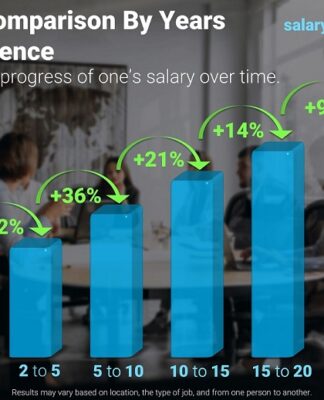In this video, we explore the unexpected alliance forming between Germany and Canada to counter Donald Trump’s proposed tariffs on steel, aluminum, and autos—an idea that could sideline standard EU procedures and possibly upend the balance of global trade. As Berlin contemplates direct cooperation with Ottawa, we ask whether this means a real shift away from the U.S. or if it’s merely a strong negotiating tactic. We also discuss implications for the EU Commission, which typically oversees trade for member states, and what a potential trade war could mean for American consumers, global industries, and North Atlantic cohesion.
Key Topics Covered
Trump’s Tariff Threats on EU & Canada
Newly announced or pending duties aimed at transatlantic and North American partners.
Why Washington sees European and Canadian imports as a “threat” to U.S. interests.
Germany’s Worry Over Auto Taxes
Germany’s critical automotive sector fears a 25% U.S. tariff that could slam brands like BMW, Mercedes, and VW.
Political urgency in Berlin to protect jobs and exports.
Canada Caught in the Middle
Longstanding top supplier of steel and aluminum to the U.S.
Possible retaliation: A Canadian MP’s mention of a “100% Tesla tariff.”
Going Around Brussels?
Germany’s hints it may talk directly with Canada about reciprocal tariffs.
EU’s official stance that trade policy is a collective competence, raising tensions within the bloc.
CETA & Alternative Markets
Canada’s leverage from the Comprehensive Economic and Trade Agreement with the EU.
Could exports to Europe really replace the U.S. market?
Consequences of a Trade War
Damage to supply chains, higher consumer prices, factory slowdowns, and lost jobs.
Whether all sides might ultimately prefer a negotiated truce over escalation.
Likely Outcomes & Future Scenarios
Will Germany and Canada unify in retaliation? Or is it a bluff to force U.S. concessions?
The possibility of partial deals that temporarily defuse the crisis ahead of elections.


























